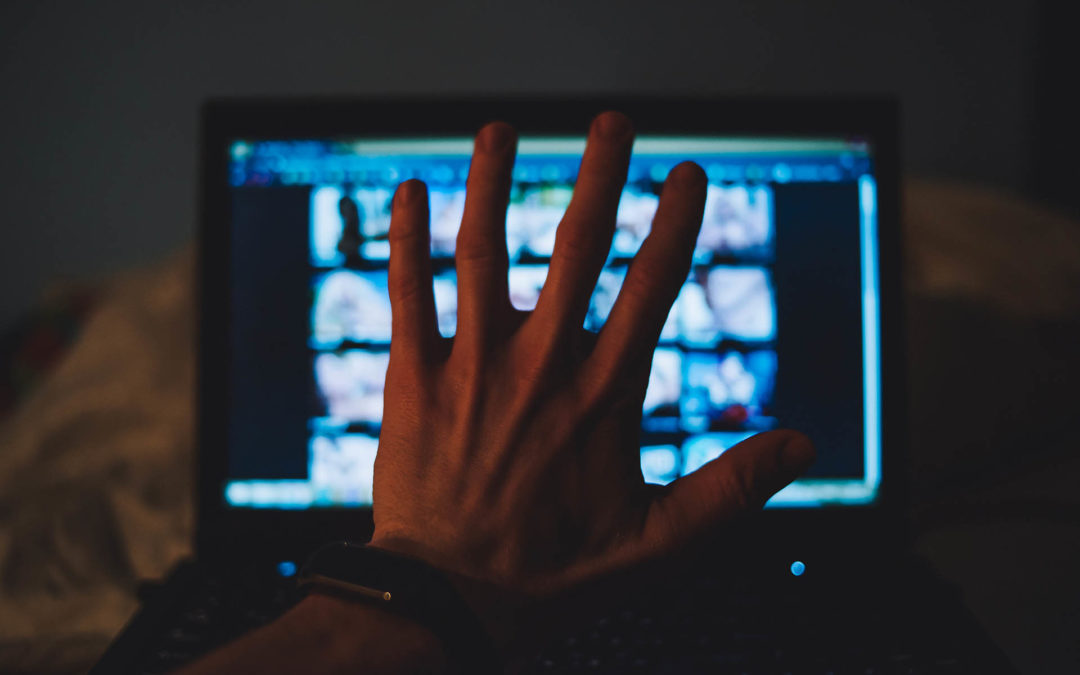A study has revealed that, in Europe, about nine million young girls suffers some sort of cyberviolence before they turn 15. In the United States, it is thought that one person in 25 has been a victim of this form of crime, and the figure is one in three in the UK and in Australia.
These alarming figures have actually soared after the two-month lockdown, showing a dramatic increase in cases of revenge porn (the distribution of sexually explicit images or video of individuals without their consent). People were forced to stay home and the increased use of the Internet and of social media – the hunting grounds for perpetrators of certain types of abuse – exposed many more people to this type of online risk. Hence, the number of victims of some sort of non-consensual distribution of sexually explicit images or videos is constantly on the rise.
In fact, according to the website Senti chi parla, associations all over the world have reported a surge in the sharing of these images and in the creation of groups and chats (and relevant membership) where such images are shared and where the members encourage virtual group rape and all forms of violence.
In a video of the Thomson Reuters Foundation, Sophie Mortimer, manager of the British Revenge Porn Helpline, says: “We have noticed that the surge began with the lockdown and I think there is a clear link. During the first year, we recorded roughly 60/70 cases. Last month, which turned out to be an exceptional period, the figure soared to almost 250 […]. I think that all countries are experiencing a similar trend, certainly in Europe and in North America. Sometimes, people in India or Bangladesh get in touch with us. It’s a global problem”.
And it’s a problem that is difficult to solve, even because laws are failing to properly address the risks digital technology exposes us to.
In 2017, a research conducted by Amnesty International on a sample of 4,000 women in eight countries (Denmark, Italy, New Zealand, Poland, United Kingdom, Spain, Sweden and the United States) revealed that 911 women claimed they were victims of online abuses or threats, 688 of which on the social media.
According to another study, conducted by Cyber Civil Right Initiative on a sample of 1,601 women, 361 were victims of revenge porn; a good 59% witnessed the sharing of their full name, together with pictures of them; 26% had their email address shared, 20% their cellphone number, 16% their home address and 12% their workplace address.
This phenomenon has a huge, devastating impact on the victims, as the Cyber Civil Right Initiative data show: 93% of victims suffered bad emotional and psychological stress, 82% had social and occupational issues, 51% had suicidal thoughts, 42% turned to a psychologist, 54% had problems concentrating at work or when studying. Many victims also had severe issues in terms of personal relations: 34% of victims had problems with relatives, 38% with friends and 13% broke up with their partners following the sharing of such images.

Recent Comments